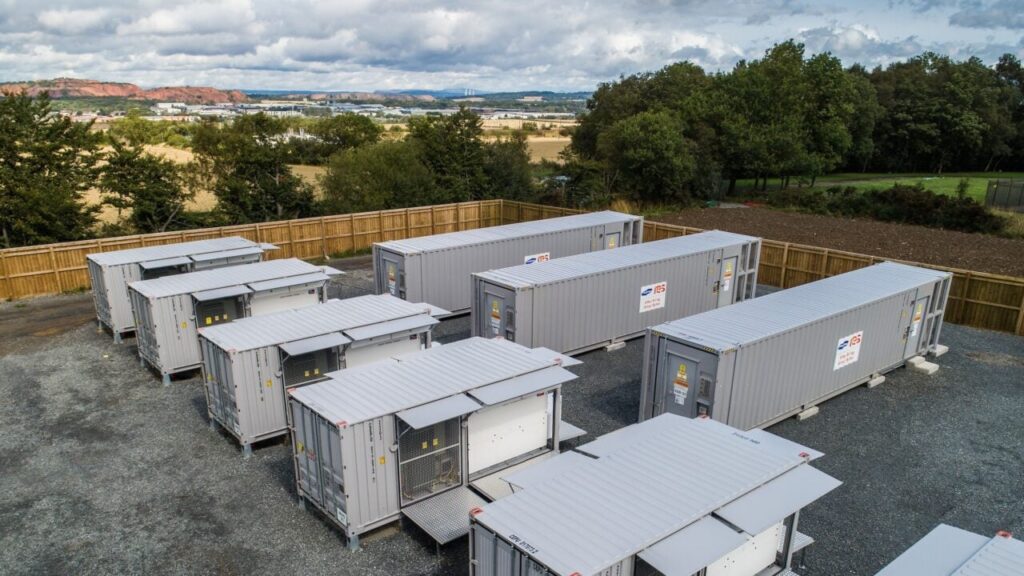
Battery energy storage systems (BESS) earned the second highest daily total revenue in 2024 so far, reaching a high of £250/MW, on 21 August.
Analysis from Modo Energy revealed that this figure is slightly lower than the £258/MW batteries earned to balance the grid on 16 April, and additionally suggested that the revenue increase is the result of multiple periods of negative wholesale energy prices across August 2024.
Day-ahead wholesale power prices fell below zero for 49 hours in August, a volume second only to April this year, which saw 53 hours of negative prices. According to Modo Energy, 34 hours of August’s negative pricing came between 20 and 26 August.
So far in 2024, Britain has seen prices fall below zero for a total of 147 hours – 44 more than the entire of 2023. Modo Energy forecasts that negative-priced hours will total 188 hours by the end of the year.
This rise in negative-priced periods has contributed to a rise in BESS revenues for late August, with low wholesale price minimums increasing wholesale revenues and frequency response prices.
Around 1pm on 21 August, UK BESS systems provided over 600MW of power to the grid through the Balancing Mechanism, boosting the sale price to £47/MW in addition to their wholesale and frequency response revenues.

BESS is vital to balancing the grid
As the net zero transition picks up pace, BESS is becoming an increasingly vital part of balancing fluctuating generation from solar and other renewable sources.
Modo Energy’s analysis revealed that periods of high wind generation, coupled with low demand, were much of the cause of negative wholesale prices across the year. During these times, batteries were able to charge up cheaply and later make significant revenue from selling stored power back to the grid during higher demand periods.

In order to meet the increasing need for grid balancing support, Solar Energy UK has predicted that an additional 30GW of energy storage will need to be brought online by 2030, alongside 50GW of solar capacity.
The future of BESS development in the UK looks positive, with Ernst & Young’s (EY) latest Renewable Energy Country Attractiveness Index (RECAI) ranking the UK as the third most attractive BESS market globally.
The UK’s BESS pipeline has reached 95GW, an increase of 67% from 2023. Several major projects have been announced or proposed in recent weeks; EDF Renewables UK has revealed plans to bring over 300MW of BESS projects online in the next 12 months, and a 200MW/400MWh, 2-hour duration project near Carlisle was recently granted planning permission by Cumberland Council.

